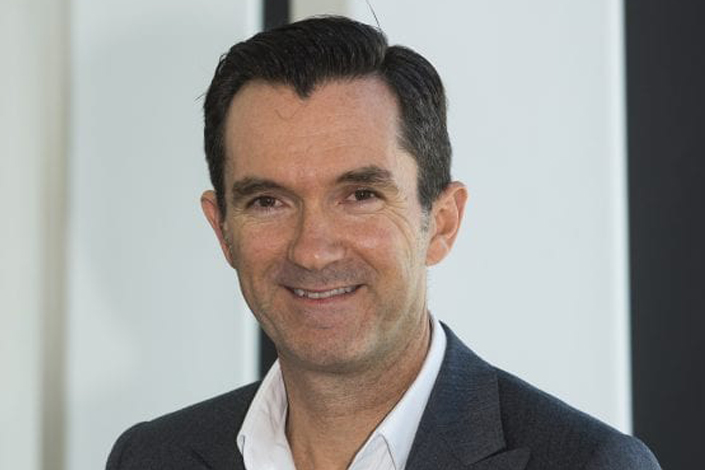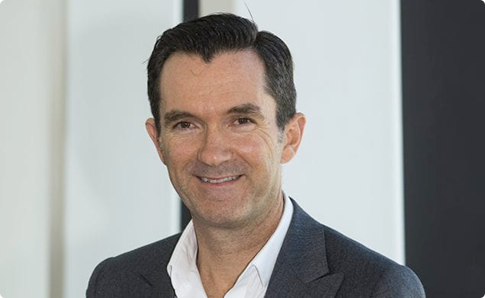MAXIMIZING BENEFIT FOR PATIENTS IN 3L mCRC, CLINICAL CASE DISCUSSION
Prof. Timothy Price MBBS FRACP DHIthSc Medical Lead Cancer Services CAHLN Head of Clinical Oncology Research at the Queen Elizabeth Hospital, Woodville, Australia
This webinar presents therapeutic sequencing from 1L to 3L in metastatic colorectal cancer (mCRC), with a focus on 3L treatments. It highlights the main therapeutic objectives in 3L and how to achieve them through the presentation of data obtained in FTD/TPI and Regorafenib clinical trials. Two interactive clinical cases discuss therapeutic sequencing and optimal 3L treatment options based on patients profiles.

Key points covered
This webinar highlighted therapeutic sequencing and treatments advantages depending on patient profiles.
Objectives in 3L are treatment efficacy, safety/tolerance and QoL maintenance.
Molecular subtypes and location of primary tumor are important for treatment decisions
FTD/TPI and regorafenib are the standard of care based on phase III trials. In particular, FTD/TPI improves OS and PFS and preserves QoL and ECOG PS 0/1 with good atherence results.
Interactive clinical patient cases were presented, with a focus on the choice of the 3L treatment.
Webinar Replay

Featured Speakers
Professor Timorthy Price
Prof Timothy Price is a Senior Consultant Medical Oncologist and the Director of Medical Oncology and Clinical Cancer Research at The Queen Elizabeth Hospital in Adelaide. His major clinical interest is in treatment of patients with gastrointestinal cancer, and he is currently involved in an extensive gastrointestinal clinical trial program. He is a professor at the University of Adelaide and Colorectal Cancer Stream leader for the South Australian Health and Medical Research Institute, and leads the gastrointestinal translational and research laboratory at the Basil Hetzel Institute. He chairs the current national NHMRC Cancer Council Colorectal Guidelines committee which led to the recently published update. He is also a visiting/honorary professor at the University of Sydney and the University of Antwerp.


